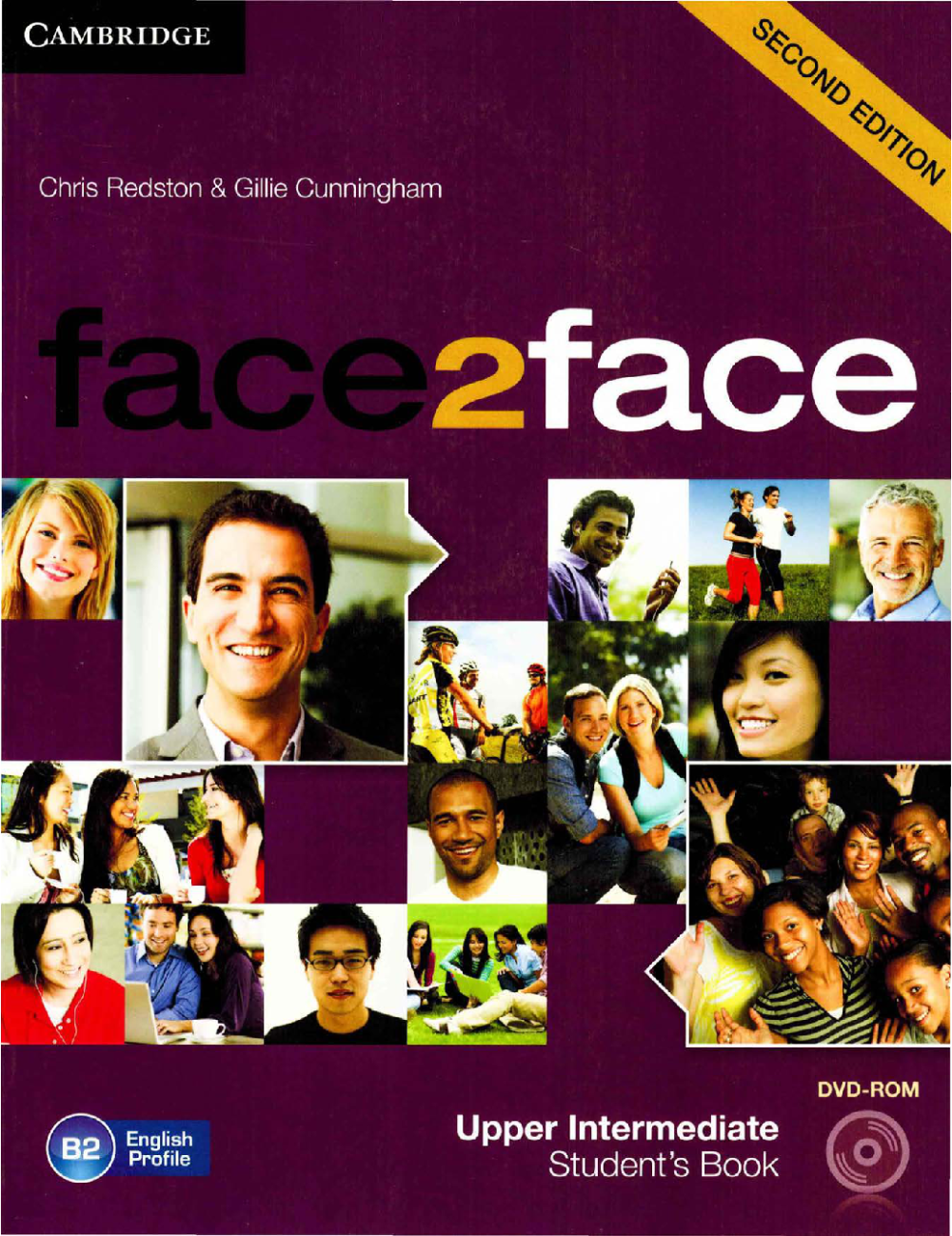

Prepare for questions – your assessor might want to know more about how you have arrived at a certain conclusion. Take a breath after each sentence, it will force you to slow down and be more confident.ĥ. Speak slowly and clearly – when our nerves get the better of us, we tend to speak faster, less clearly and in a more robotic way than normal. Presenting yourself and your contributions with confidence can go a long way.Ĥ. Demonstrate your confidence – assessors often look for signs of energy and engagement. Keep in mind this is an opportunity to win together.ģ. Use positive group behaviours – when you’re participating in a group exercise, it can get heated. If you’ve done your own research, it will also enable you to enhance your answers and show breadth and depth of your knowledge.Ģ. If there are facts and numbers available, use them to make your point even stronger. Demonstrate your own thinking and research – make sure to put your points across and build on those of others. Making sure you have your questions written down means you won’t have to think of them in the moment and you’ll come across as prepared and confident.ġ. Prepare your own questions – interviews can be daunting. It also demonstrates your interest and commitment.ĥ. Do your research – check out our social media and our corporate website, There might be areas you would like to know more about when you are meeting with our leaders. By stating the situation you were in, the task you were trying to accomplish, the actions you personally took and the result it had, you can be sure your answer covers all the important points.Ĥ. ‘Help with’ sections cover listening, speaking, grammar and pronunciation and teach students how English really works meaning students can apply what they learn more readily. Lets Talk is an amazing in-depth collection of bite-sized English video lessons. face2face Second edition teaches students to listen better by drawing their attention to the elements of spoken English that make it so hard for them to understand. Answer questions using STAR – the best way to frame your answers is by remembering STAR – Situation, Task, Action, Result. Includes audio and video English lessons, as well as complete courses. Even if you have limited work experience, you should have some interesting experiences to share from your time in education.ģ. Prepare examples of when you demonstrated these capabilities – looking back over your experience, you’ve likely achieved some great results. These capabilities guide our colleagues in sharing one vision of the future.Ģ. Familiarise yourself with our leadership capabilities – there are plenty of ways you can show us you are BOLD, FAST, EMPOWERED, DIVERSE and RESPONSIBLE. We extend this discussion on challenges related to student retention and propose instructional approaches for online learning that include the interpersonal accountability between teachers and students, as well as the institutional commitment necessary to ensure that students can succeed in online writing courses and programs.1. Our data point to what we call the “thrive or dive” phenomenon for student performance in online writing courses, which describes the disproportionately high percentage of students who fail or do not complete online courses compared to conventional, face-to-face courses. We extend this discussion by examining the relationship of assessment of student work to retention, and comparing the grades students receive in online and face-to-face undergraduate writing courses. Student retention has been identified as a concern in a number of studies of online education. In spite of benefits surrounding distance education programs, many online writing courses suffer from low student completion rates.


 0 kommentar(er)
0 kommentar(er)
